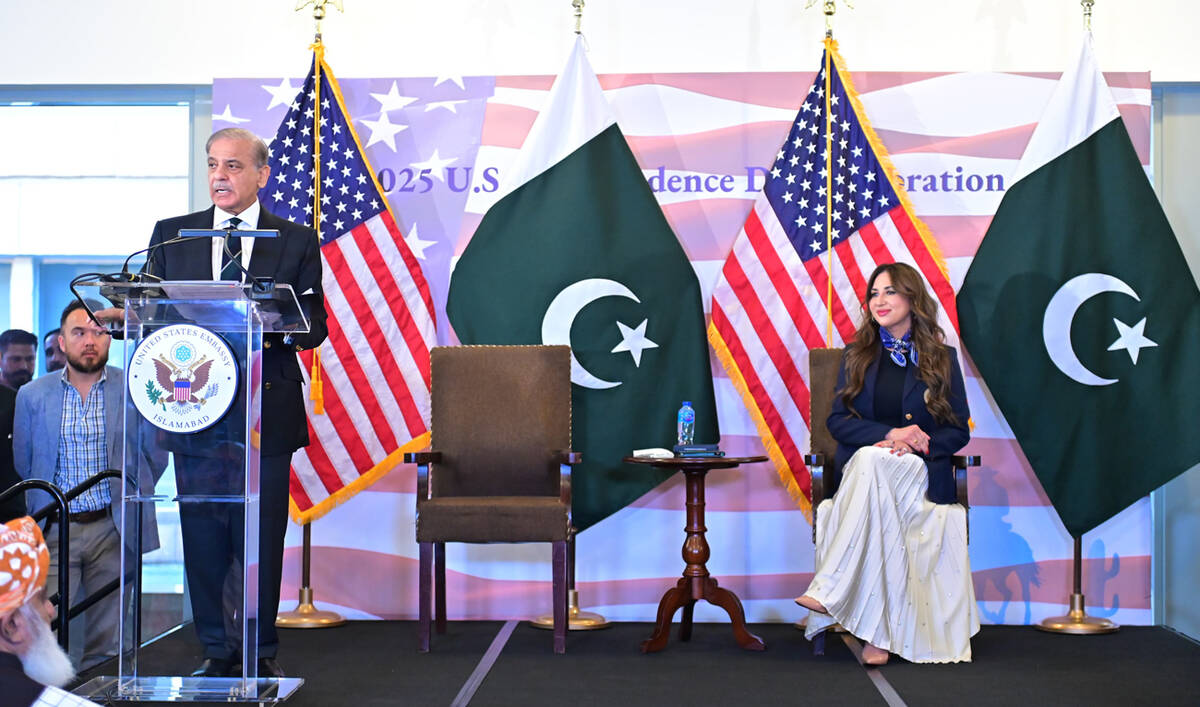KARACHI: Pakistan’s economy grew by 0.92 percent in the first quarter of the fiscal year 2024-25, despite a contraction in the industrial sector, according to data approved by the National Accounts Committee, and released by its Statistics Bureau on Monday.
The South Asian country is navigating a challenging economic recovery path and has been buttressed by a $7 billion facility from the International Monetary Fund (IMF) in September.
The growth was driven by positive performances in the agriculture and services sectors, which grew by 1.15 percent and 1.43 percent, respectively, in the first quarter of the fiscal year which ends in June 2025.
Pakistan’s economy grew by 2.69 percent year-on-year in the first quarter of the previous 2023-24 fiscal year.
However, the industrial sector contracted by 1.03 percent, mainly due to a decline in mining and quarrying activities during July-September, read the report.
The committee compiling the national accounts approved the introduction of quarterly estimates of expenditure of the economy.
On the basis of latest figures of the national accounts aggregates for the last fiscal year, the overall size of the economy stood at 105.6 trillion Pakistani rupees ($379.31 billion).
Annual per capita income in rupees was recorded at 472,263 Pakistani rupees ($1,696.35).
The committee also approved an updated annual growth rate for the last fiscal year 2023-24, which stood at 2.50 percent, slightly lower than the previously estimated 2.52 percent.
Pakistan’s economy grows 0.92 percent in Q1 of ongoing fiscal year
https://arab.news/puw9m
Pakistan’s economy grows 0.92 percent in Q1 of ongoing fiscal year

- The country is navigating a challenging economic recovery path and has been buttressed by a $7 billion facility from the IMF
- The growth was driven by positive performances in agriculture and services sectors, which grew by 1.15 percent and 1.43 percent, respectively
















